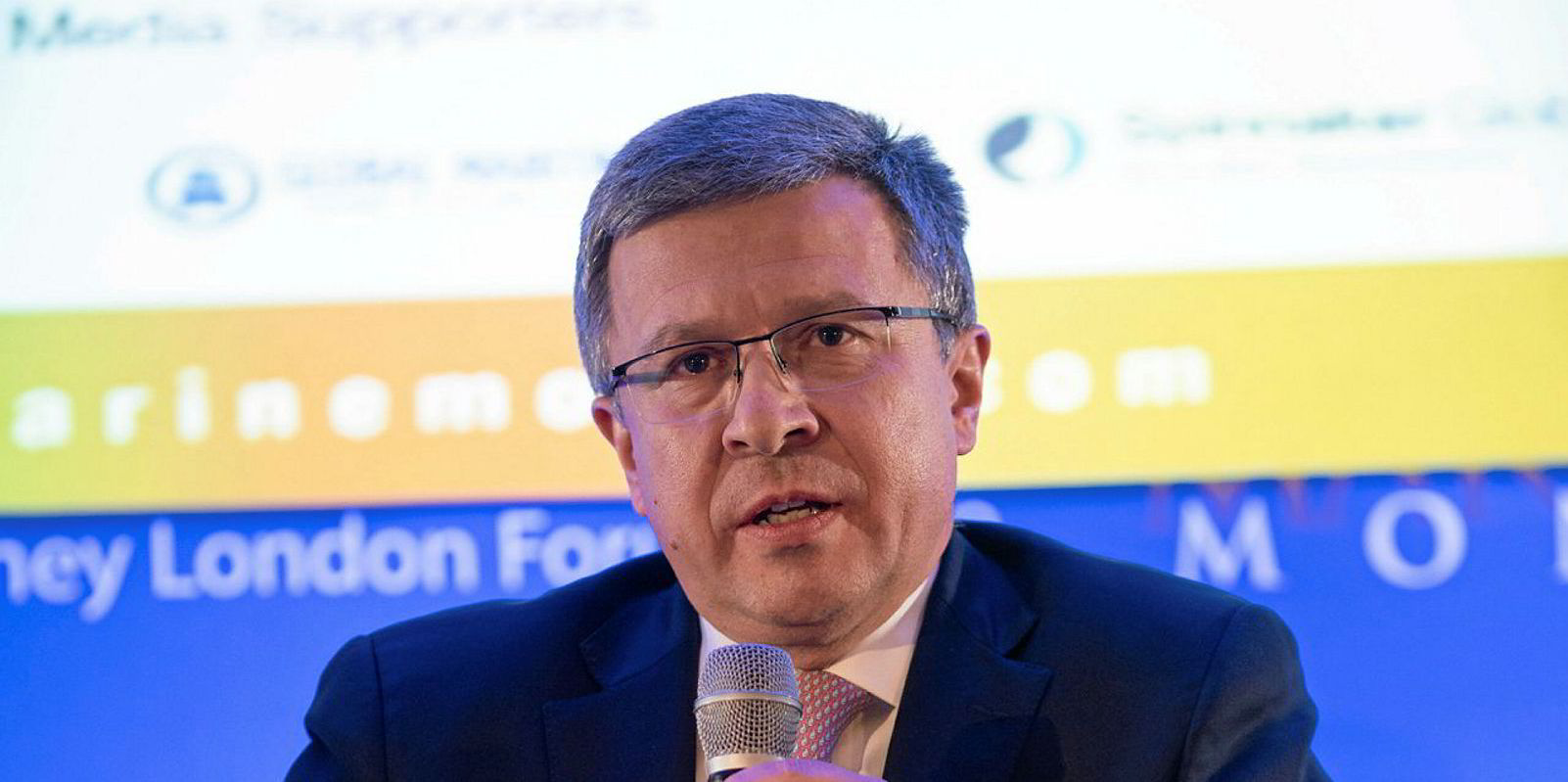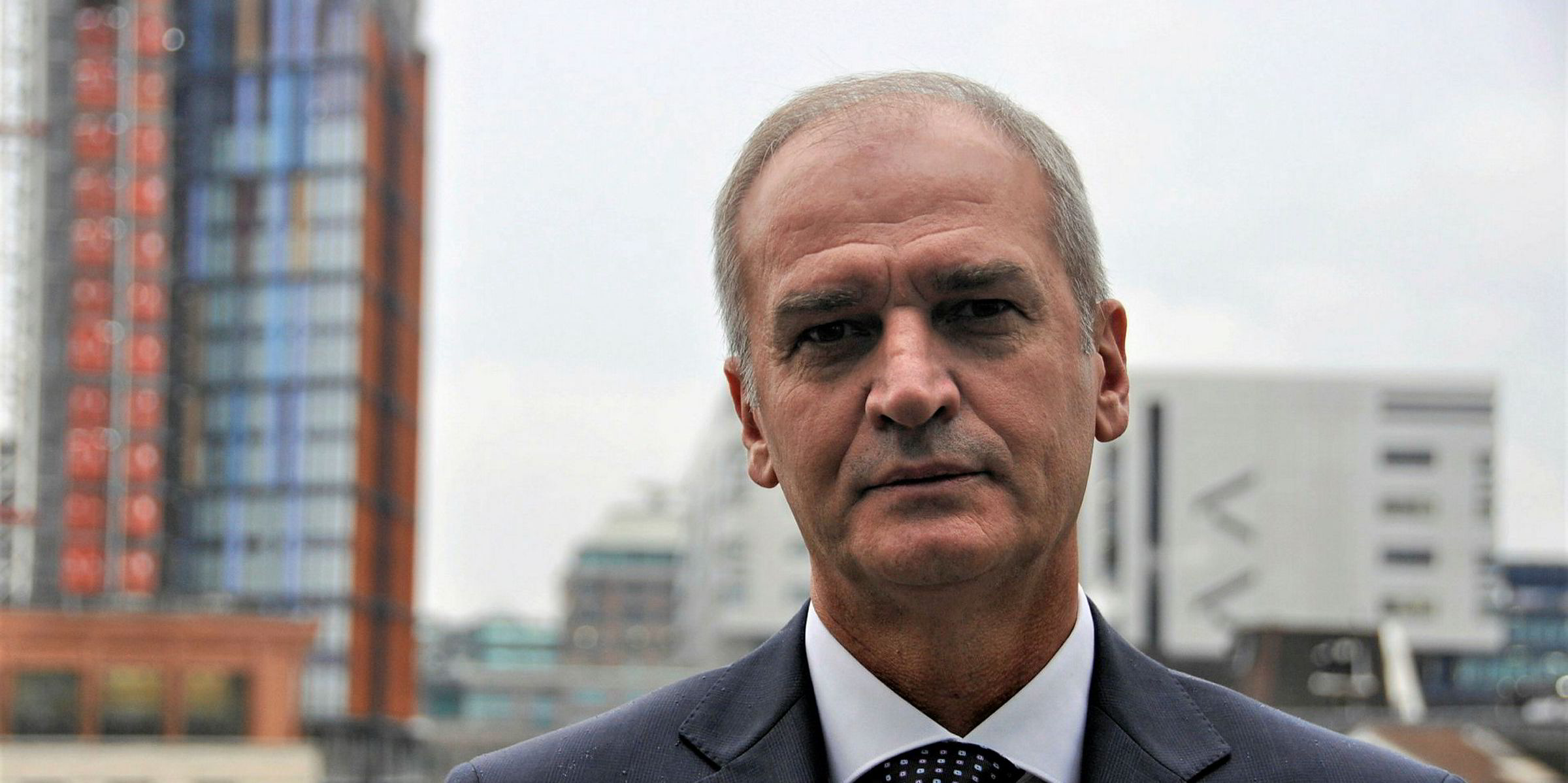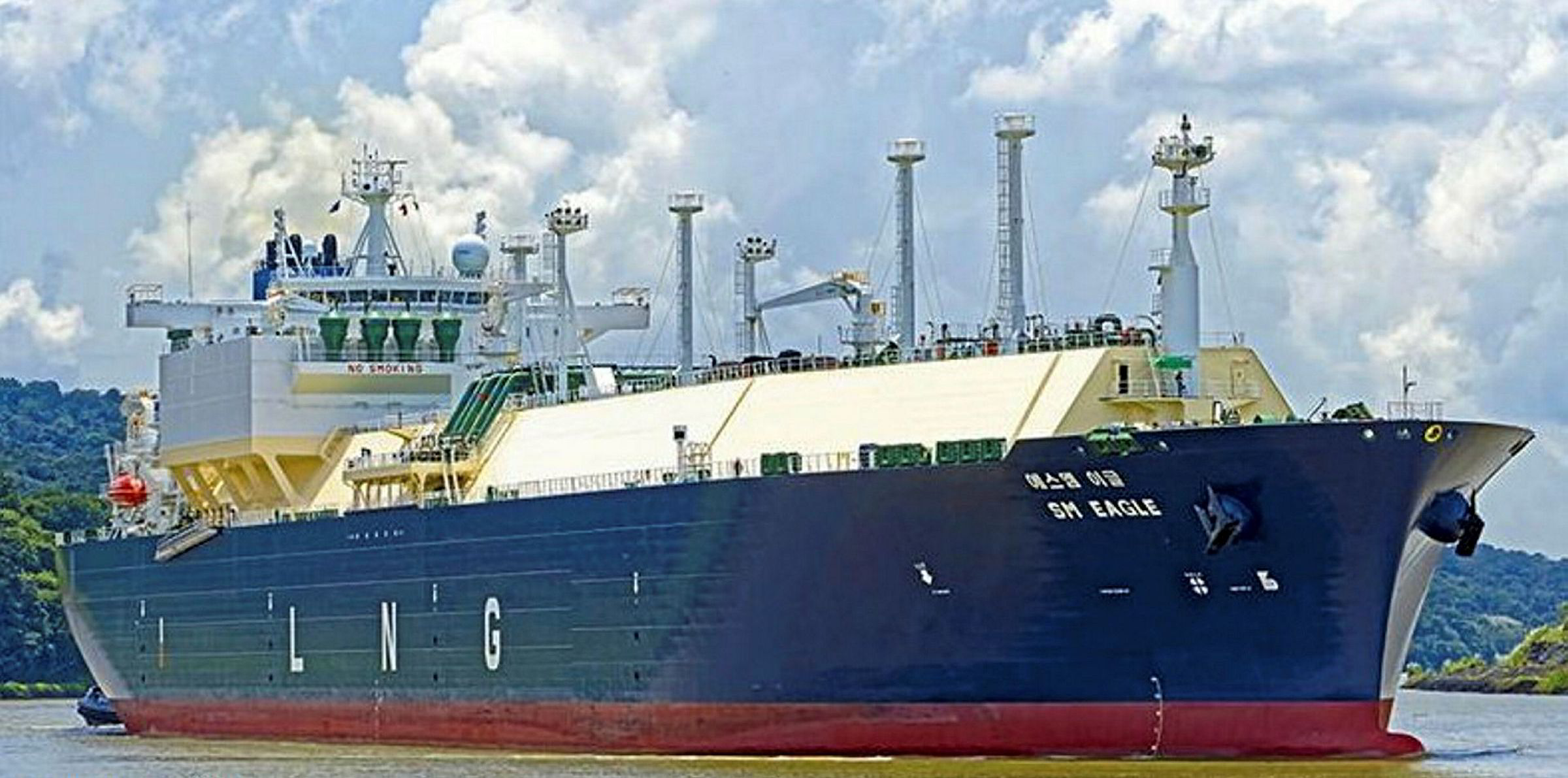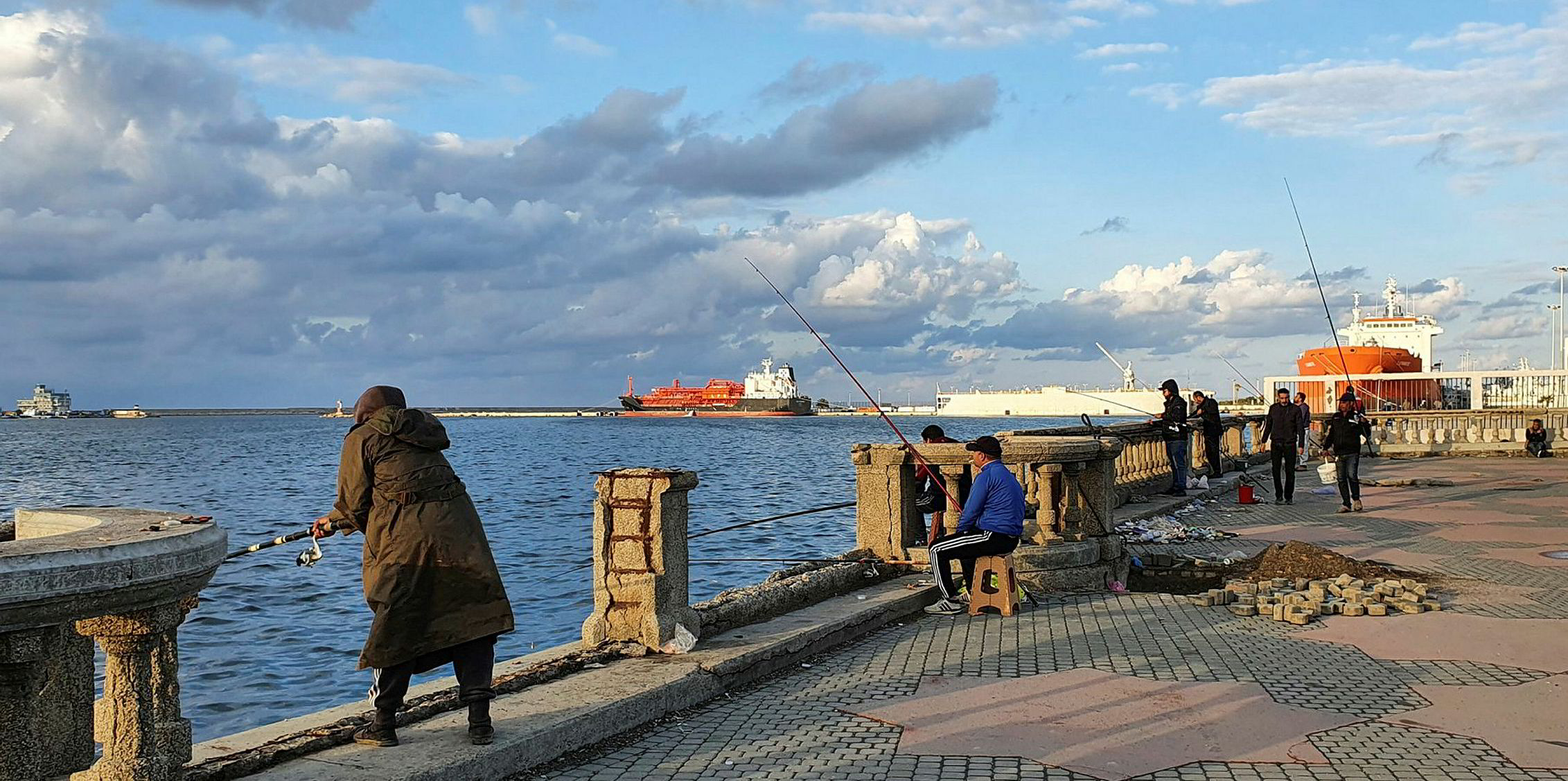Sovcomflot (SCF Group) is facing 2020 with optimism despite the coronavirus crisis, bolstered by a huge backlog of business.
Contracted revenue for the Russian state-owned tanker and Arctic LNG carrier specialist is $13bn.
"This is as good as it gets for any marine transportation group," chief financial officer Nikolai Kolesnikov said.
"The supply demand fundamentals are very strong, with the newbuilding orderbook at historic lows. We are fairly optimistic about 2020."
Net earnings in 2019 were $225.4m, up from a loss of $45.6m the year before, as revenue rose.
The finance chief told TradeWinds that the company benefited from reduced operating costs, with bunker prices falling, as well as higher spot tanker rates in the fourth quarter.
It was also hit by some non-cash one-off expenses in 2018.
Kolesnikov said the profit was well above budgeted levels.
Debt ratios improve
"Our net debt to Ebitda ratio is down to below four times, a substantial improvement, and leverage is below 50%," he said.
Regarding the Covid-19 outbreak, he added: "It's business as usual. The safest place to be is up in the Arctic right now!"
Kolesnikov added that its particular sectors of the industry are "fairly slow" to catch up with these types of events.
"We tend not to overreact," he said. "We have established trade patterns and long-term contracts. But it's hard to pretend we're not affected."
Newbuilding orderbook nearly fully financed
The company sealed more than $1bn of new financing with its established lenders last year.
Twelve of 14 newbuildings are now financed, the exceptions being two shuttle tankers destined for the Sakhalin-1 project. Deliveries of the new ships are scheduled up to 2023.
"We have a very stable group of lenders," Kolesnikov said.
Together with NYK, it fixed its first funding under the Poseidon Principles last year, refinancing two LNG carriers with $176m over eight years.
The Poseidon Principles promote a low carbon future through a framework for assessing and disclosing the climate change impact of ship-finance portfolios.
"We spent a lot of time studying Greek mythology," Kolesnikov said. "But we got it done with the invaluable help of law firm Watson Farley & Williams."
He described the Poseidon Principles as a "very good initiative", noting that it does not create substantial extra work for borrowers. Rather, the commitment is from banks, which will collect data from shipowners.
Green culture
"We will see more and more of that in future," Kolesnikov said. "The ESG [environmental, social and governance] topic is attracting more attention, but it's not a problem for us as one of the older institutions.
"We were incorporated in 1988. We speak our name as Safety Comes First. It's embedded in the culture of the organisation."
The company also has $900m in euro bonds yielding an attractive 3%, which he added are due in 2023.
Suezmaxes sold off
Kolesnikov confirmed the sale of two suezmaxes in February: the 159,000-dwt SCF Altai (built 2001) and sistership SCF Khibiny (built 2002).
But he could not comment on the reported disposal of an aframax in the past month, as well as two MRs.
He said the suezmaxes were classed as held for sale and their offloading was part of a fleet "replenishment" as it seeks to move out elderly tonnage and focus on modern ships with more eco-friendly propulsion.
"It's to do with efficiency," he said.
Brokers initially reported that the SCF Altai went to Sea Pioneer Shipping of Greece for $17.7m, while the SCF Khibiny was said to have been sold for $19m. Sea Pioneer denied it had anything to do with the deal. Both ships have since emerged under management of Piraeus-based Edge Maritime, a new company, and are currently trading as Aurora Borealis and Mercury I respectively.






